By Kathy Lucas, Holistic Movement Coach, Dancer, and Steel Club Specialist
Dance had always been a home that I could retreat to in times of joy, frustration, hope and healing. It has given me permission to explore the pit of inner crises and became my personal processing tool that had no rules or filters. I cherish this relationship, which is why it felt like a dagger to my heart when the keys to my “home” didn’t quite open the door after I lost my father.
I thought, “I just need to find my way back to my body. I need to move this grief through. I’ll find some relief!” But grief grounded me into recognizing that this significant loss required a slow and more contemplative approach to moving with the grief patterns than I had and have experienced. During the beginning months of my loss, I felt heavy, sleepy, exhausted, devastated, weepy, and totally unmotivated. As an intuitive, active, sensitive, curious person, I felt as if something swooped in, pushed the “old me” out, and set up shop as a completely different being. I struggled for months thinking that there was something wrong with me. The pain of losing my father felt so immense. How could I snap back and pick up from where I left off? How could I get back to work, back to socializing, back to projects, and perhaps most genuinely, how could I make my way back into dance?
With so much change in my life, my journey of exploring ways to heal through dance would convey that this grief had a lot to teach me. I started to observe and journal some of the physical sensations that would surface through moments of grief and grieving. I’d give myself permission to sit, breathe, or move with them in ways that felt organic to my process. Some days I couldn’t move an inch! All that was needed was to acknowledge what was true and observe the shapes or postures that my body was trying to reveal—an honoring of sorts. The body is wise, and when we take time to become aware of how we hold ourselves, move, walk, sit or even interact with others, we have an opportunity to enter greater clarity of what may or may not need to be expressed. Through greater awareness, I have found that I can have compassion for my grief journey. I’m learning to be patient and walk beside her vs running from her.
The more aware I become, the stronger my desire to use movement to chisel away at the heaviness of loss. Experimenting with moving through space manifested as a sort of “clearing.” It has given me a connection to release and hope. Megan Devine, author of It’s OK That You’re Not OK writes, “Your pain needs space to unfold.” This struck me to my core and prompted me to ask, “How much space do you give yourself to grieve?” With this prompt, I started to map out the physical space that I’ve honestly allowed myself to grieve. The space was an outline of my body! Why? Pressure. Pressure that our society places on us to “return to normal; get back to it; move on. But with loss, we change, so there is no going back. We learn a new identity, and this learning process takes time, space, patience, and love.
As I continue to allow for more space to grieve, I give myself more freedom to move and dance through the textures, shapes, gestures and stories of grief and loss. And through this experiment, an extension of love that I have for my father grows between us, building space and opening the doors to dance again.
My upcoming workshop, which will be held outdoors on the Hospicare grounds, focuses on introspection as it relates to static energy of the body, mind, and spirit. We’ll bring awareness to stored tension and the manifestations of grief in the body by exploring breath work, gestures, physical shapes, movement pathways and verbal expression. “The body says what the words cannot” -Martha Graham. Registration is required by September 14th. REGISTER HERE. For more information contact the Bereavement staff via phone at 607-272-0212 or email bereavement@hospicare.org.
EVENT INFORMATION
Feeling, Honoring and Releasing Our Stories of Grief: Using Dance and Movement as a Healing Landscape
Facilitator: Kathy Lucas
Date: Monday, September 19, 2022 Time: 5:30 p.m.-7:00 pm
Location: Hospicare & Palliative Care Services, 172 E. King Road, Ithaca, NY
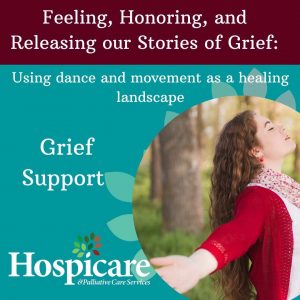
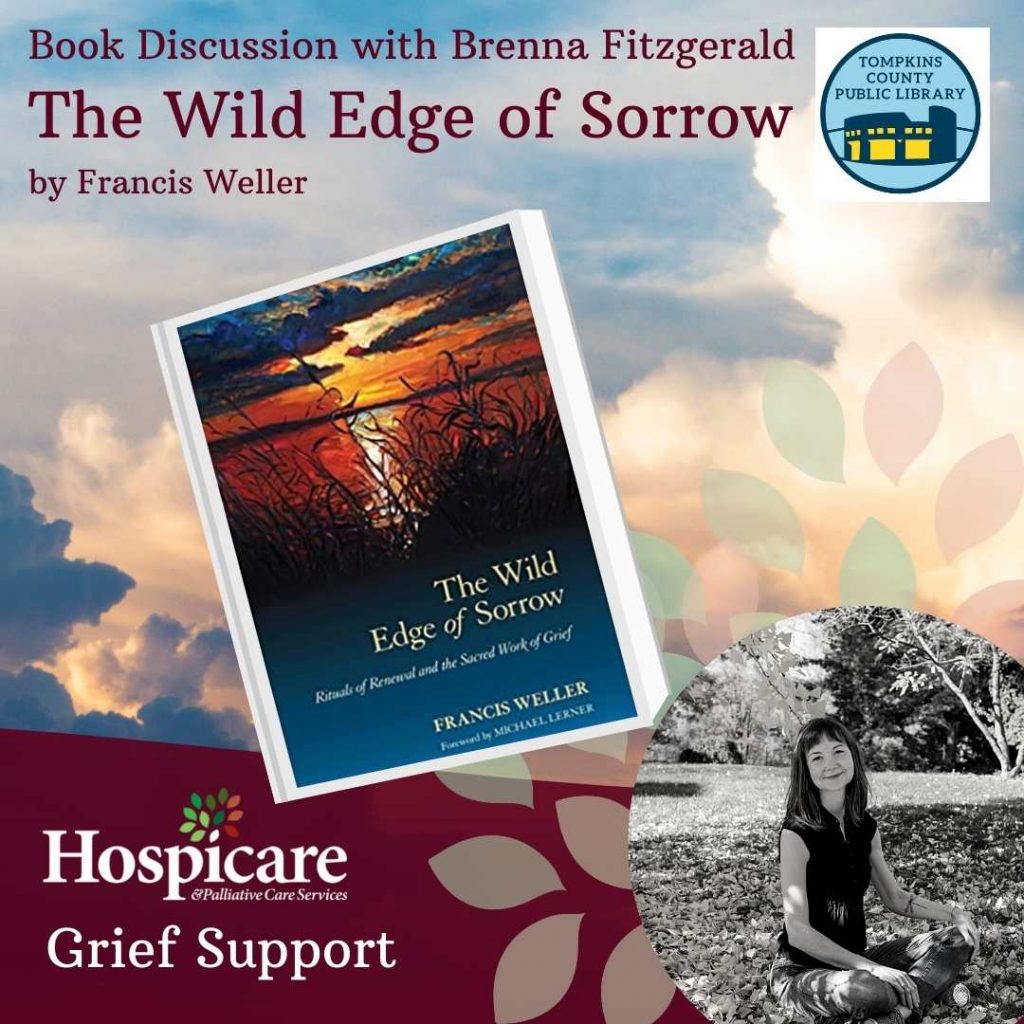
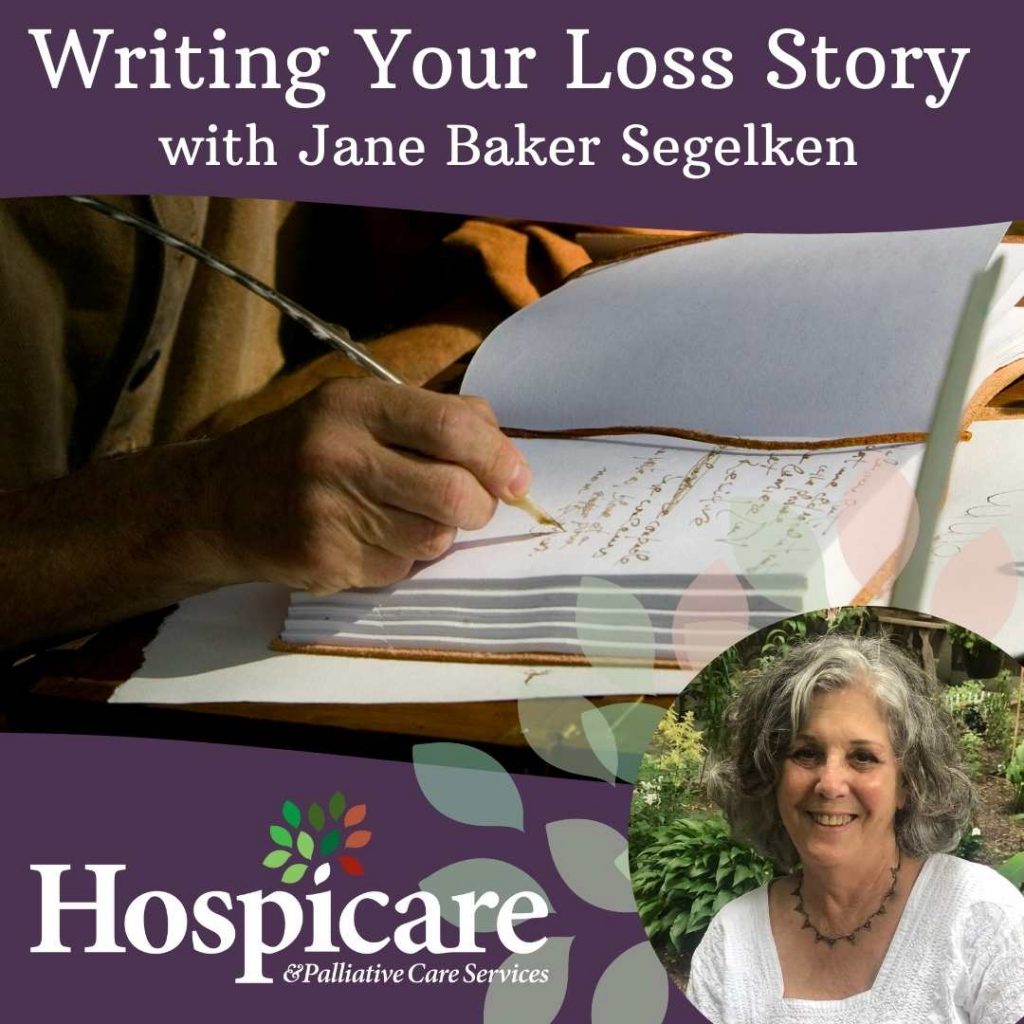
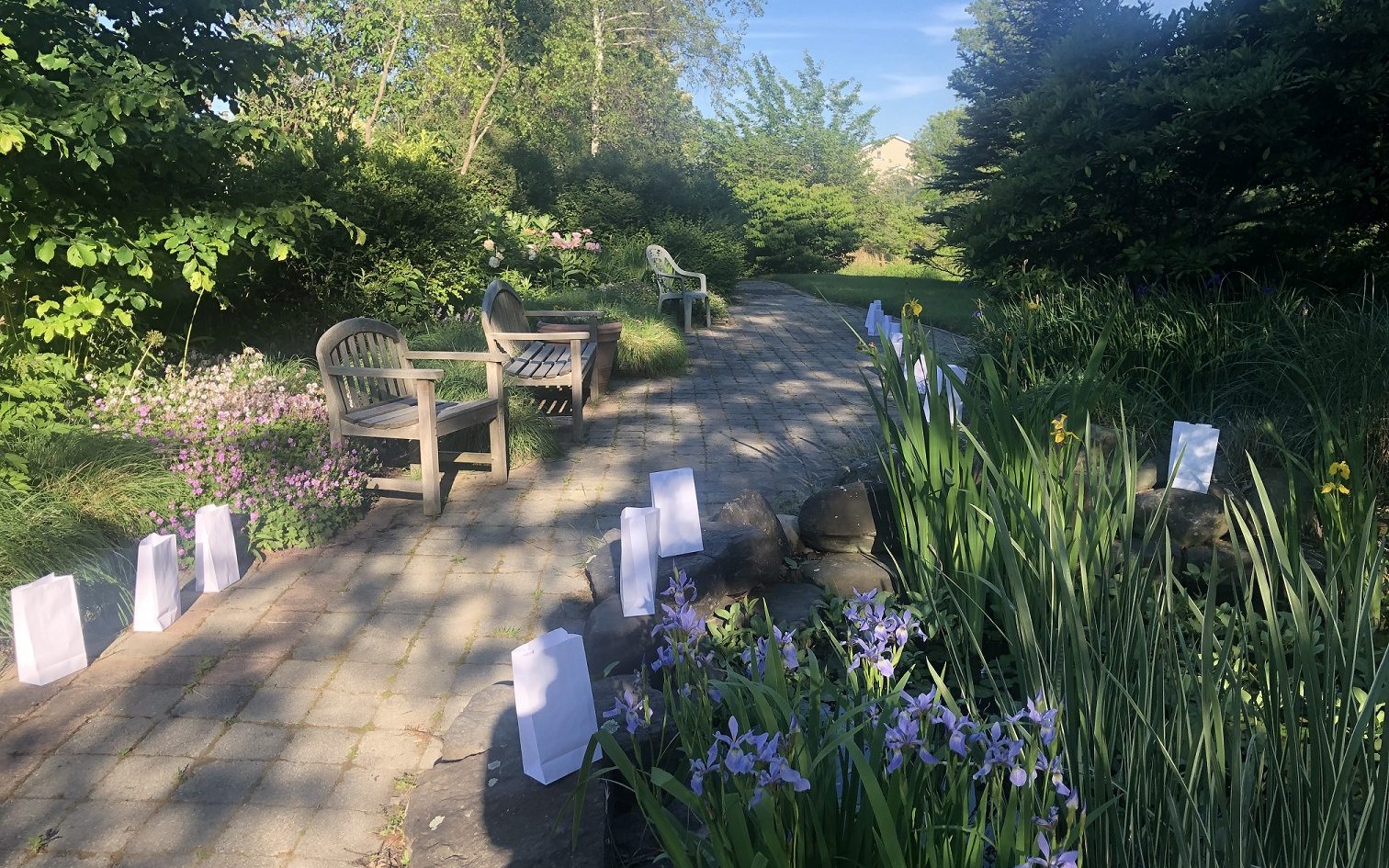
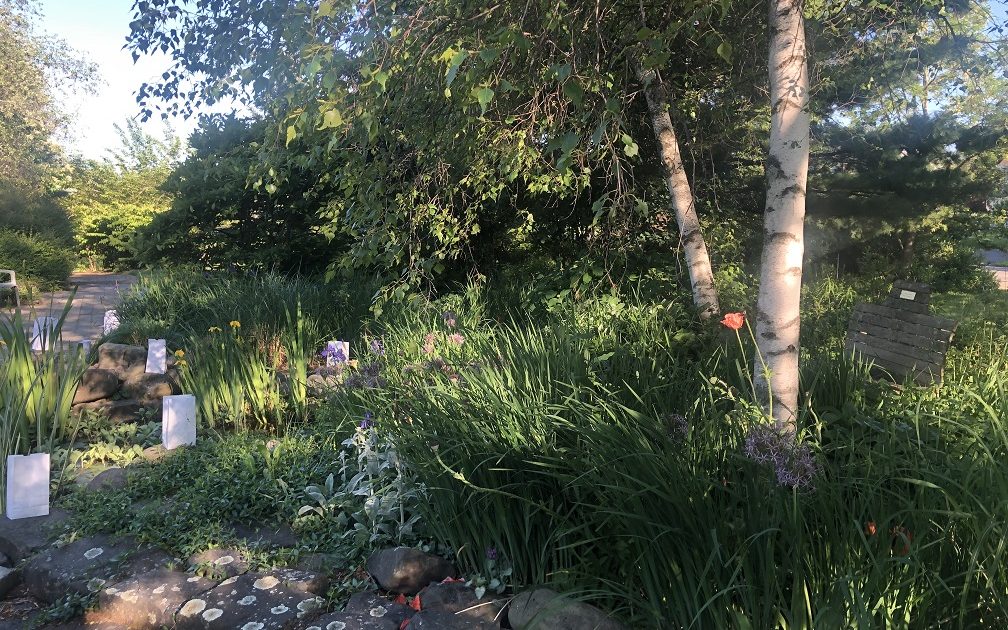
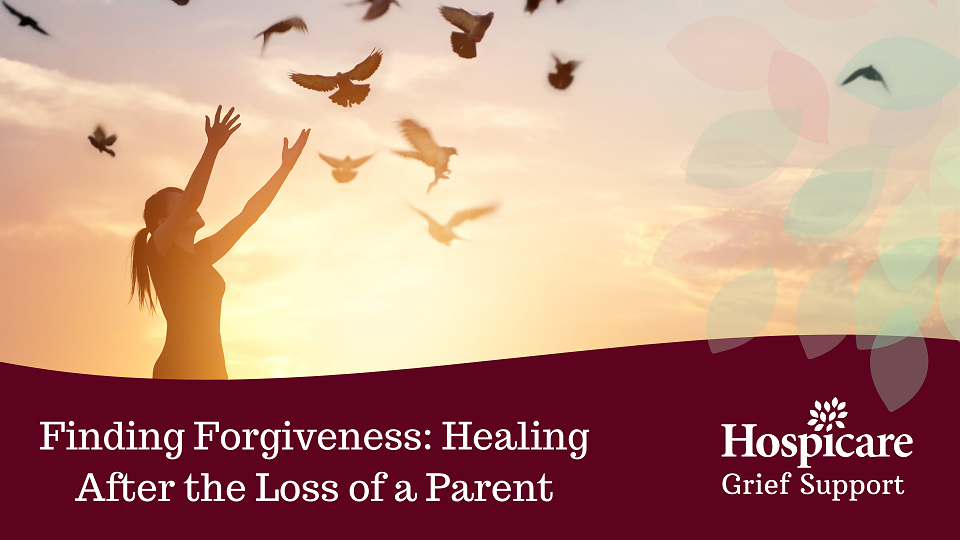
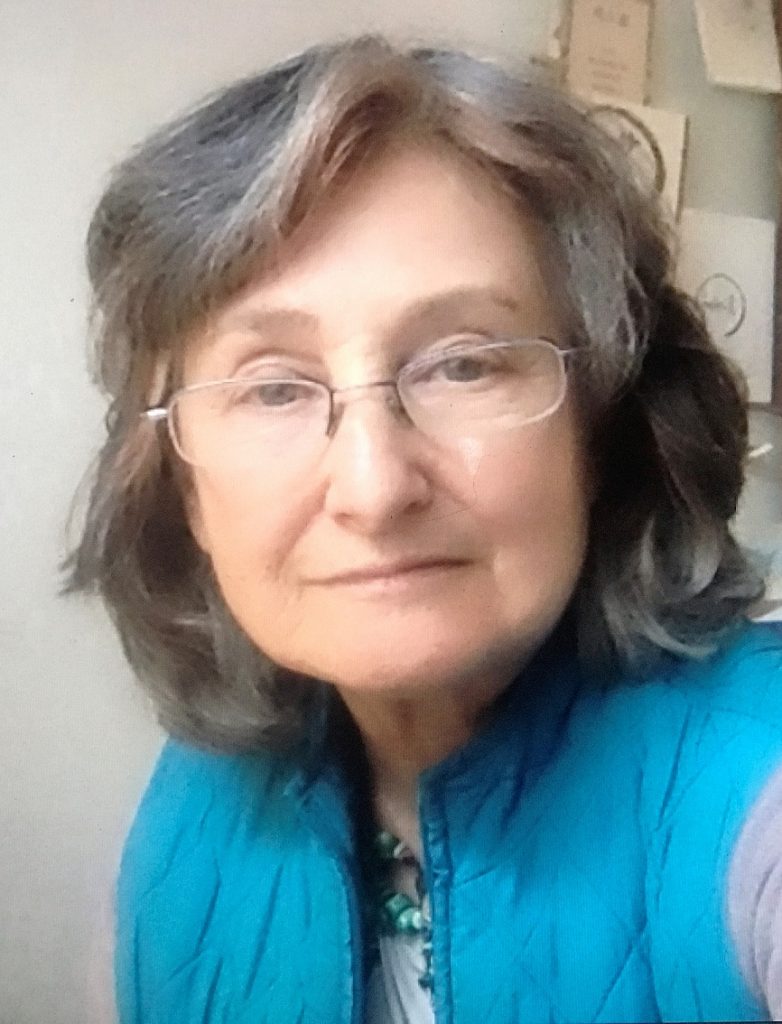
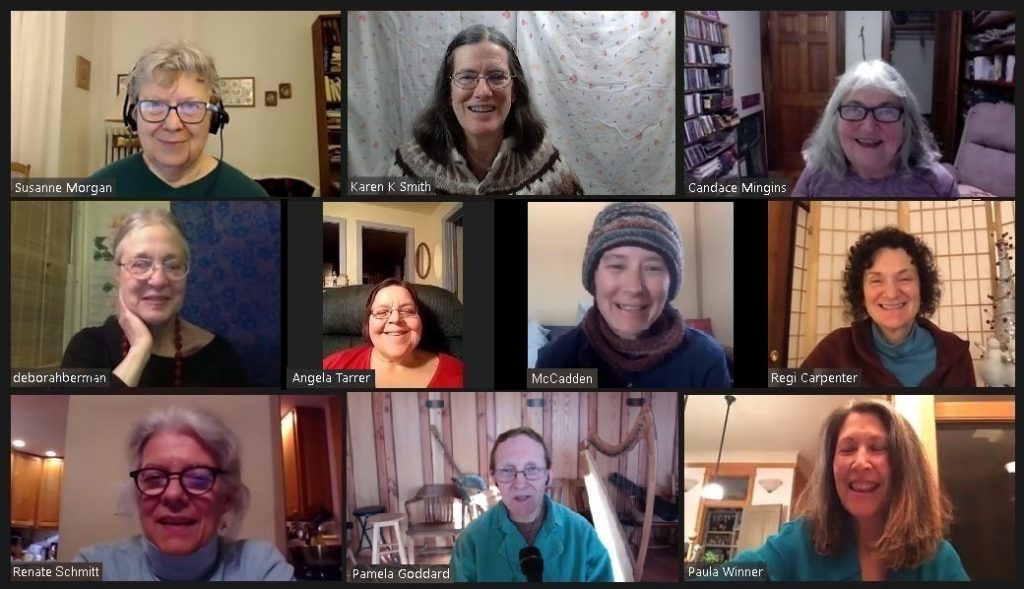
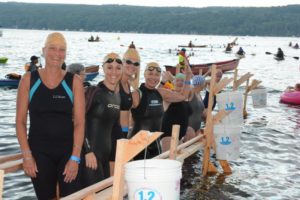 To get ready for registration day check out our website
To get ready for registration day check out our website